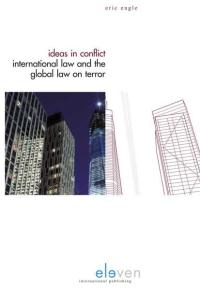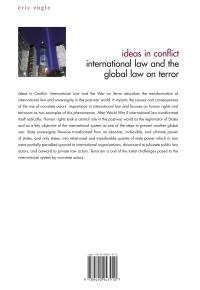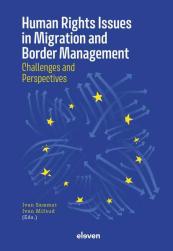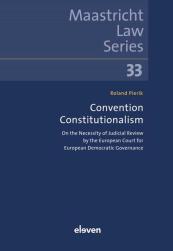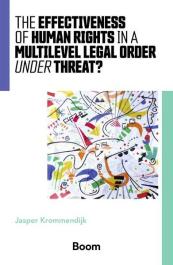Ideas in Conflict
International Law and the Global War on Terror
Ideas in Con�flict. International Law and the War on Terror describes the transformation of international law and sovereignty in the post-war world. It imparts the causes and consequences of the rise of non-state actors’ importance in international law and focuses on human rights and terrorism as two examples of this phenomenon. After World War II international law transformed itself radically: Human rights took a central role in the post-war world as the legitimator of States and as a key objective of the international system as one of the steps to prevent another global war. State sovereignty likewise transformed from an absolute, indivisible, and ultimate power of states, and only states, into relativized and transferable quanta of state power which in turn were partially parcelled upward to international organizations, downward to sub-state public law actors, and outward to private law actors. Terrorism is one of the latest challenges posed to the international system by non-state actors.


